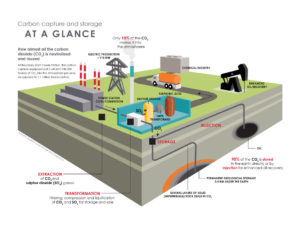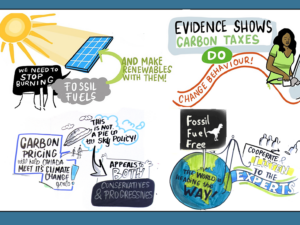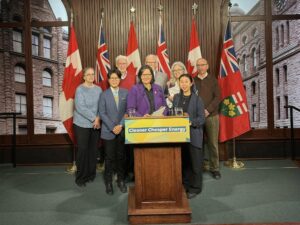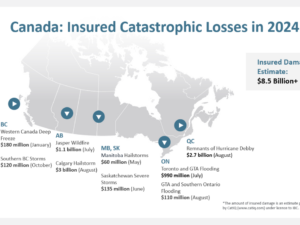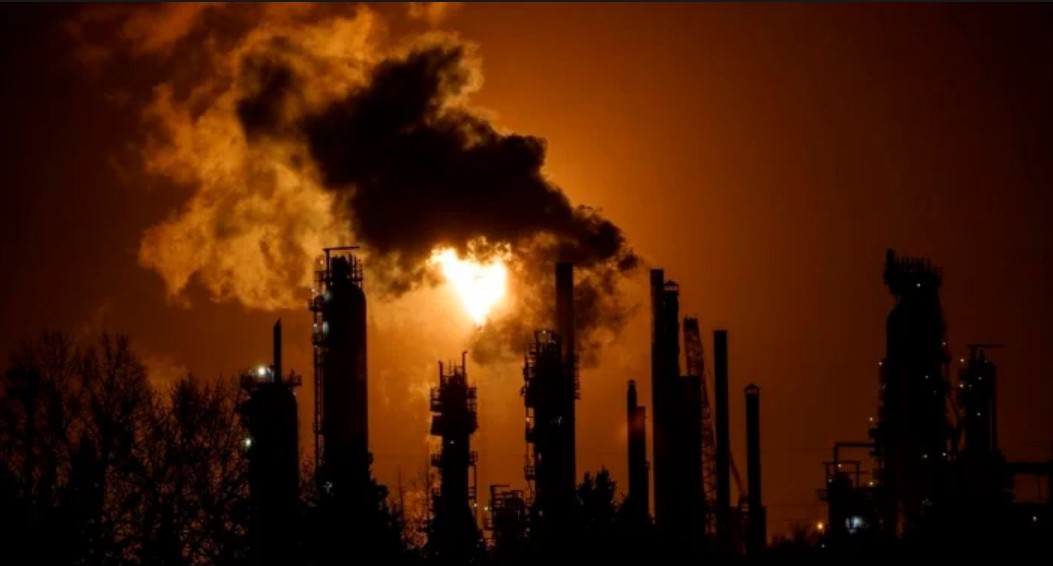
(Canada): Next week in Interlaken, Switzerland, from March 13-17, 2023, the Intergovernmental Panel on Climate Change (IPCC) will make its final report of its Sixth Assessment cycle (AR6) – the Synthesis Report. Alongside over 200 global organizations, we are calling on the IPCC to focus on the rapid phase-out of fossil fuels and not speculative solutions. The AR6 Synthesis Report is based on the content of the three Working Groups Assessment Reports: Working Group I – The Physical Science Basis, Working Group II – Impacts, Adaptation and Vulnerability, Working Group III – Mitigation of Climate Change, and the three Special Reports: Global Warming of 1.5°C, Climate Change and Land, The Ocean and Cryosphere in a Changing Climate. Created in 1988 by the World Meteorological Organization (WMO) and the United Nations Environment Programme (UNEP), the objective of the IPCC is to provide governments at all levels with scientific information that they can use to develop climate policies. Through its assessments, the IPCC identifies the strength of scientific agreement in different areas and indicates where further research is needed. The IPCC does not conduct its own research. Thousands of people from all over the world contribute to the work of the IPCC. The IPCC currently has 195 member countries. The IPCC process is consensus-driven, and all countries must sign off on the final conclusions of all reports. The IPCC must resist political pressure that would lead to misrepresenting, ignoring, or downplaying core findings from its own reports regarding the central role of fossil fuels. The IPCC must not suggest speculative technologies or misuse carbon offsets that provide excuses to not pursue deep emissions reductions achieved through transformative changes to systems and societies. The IPCC must make clear: a liveable future requires a rapid and equitable phase-out of fossil fuels and all technologies must come as advertised. “Transformation to an equitable and thriving planet is entirely possible. One key strategy is to shift finances away from fossil fuels, especially private sector finance,” says Cathy Orlando, director of Citizens’ Climate Lobby Canada. The IPCC cannot recommend policies, but they can point to various paths forward. A multi-trillion dollar transformation is underway. To stay globally competitive, governments must enact policies that will redirect financial flows away from fossil fuels and towards a thriving and equitable planet. These policies must be rooted in equity and human rights. They include carbon pricing with equal dividends to households and carbon border adjustment mechanisms that take into consideration common but differentiated responsibilities as well as reforming the World Bank and climate-risk disclosure rules for financial institutions in our countries. The stakes could not be any higher and the imperative for immediate action any greater. The IPCC AR6 reports have shown clearly that thriving life, communities, and ecosystems depend on fundamental system changes, not on incremental steps or disruptive techno-fixes. The Synthesis Report must uplift these critical findings — not bury them.MEDIA RELEASE: IPCC must make clear an equitable and thriving planet requires a rapid phase-out of fossil fuels
FOR IMMEDIATE RELEASE: March 9, 2023
Media Contact: Cathy Orlando, National Director, Citizens Climate Lobby Canada, 705 929 4043 cathy@citizensclimate.org
How can we be so sure about what we know about the climate crisis? Because of the impeccable work of the IPCC.
The IPCC’s own findings make it clear that a rapid and equitable phase-out of all fossil fuels is not only necessary but possible. The IPCC findings are in alignment with the May 2021 report from the International Energy Association (IEA) which also called for no new investment or approvals of fossil fuel projects, starting now. Given the inequitable and catastrophic impact that exceeding a global temperature rise of 1.5 °C will have on human rights and equity, planning for overshooting it on the premise that it can be reversed by unproven geoengineering and techno-fixes and misusing carbon credits is indefensible.
The AR6 Synthesis Report must be a wake-up call to politicians and citizens around the world and provide clear guidance for these critical years of ambitious climate action and climate justice. The report for policymakers must highlight the necessity and feasibility of rapidly reducing CO2 and other greenhouse gas emissions across global industries and supply chains to avoid overshooting 1.5 °C.
These recommendations are in complete alignment with the UN High-Level Expert Group on net-zero commitments in its report launched at COP 27: Integrity Matters. At that COP 27 event Secretary-General António Guterres said: “A growing number of governments and non-state actors are pledging to be carbon-free – and obviously that’s good news. The problem is that the criteria and benchmarks for these net-zero commitments have varying levels of rigour and loopholes wide enough to drive a diesel truck through. We must have zero tolerance for net-zero greenwashing.”



